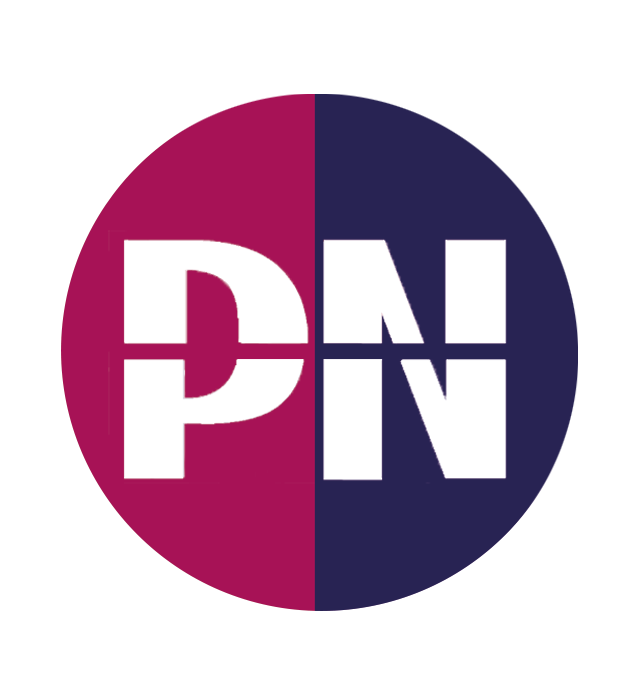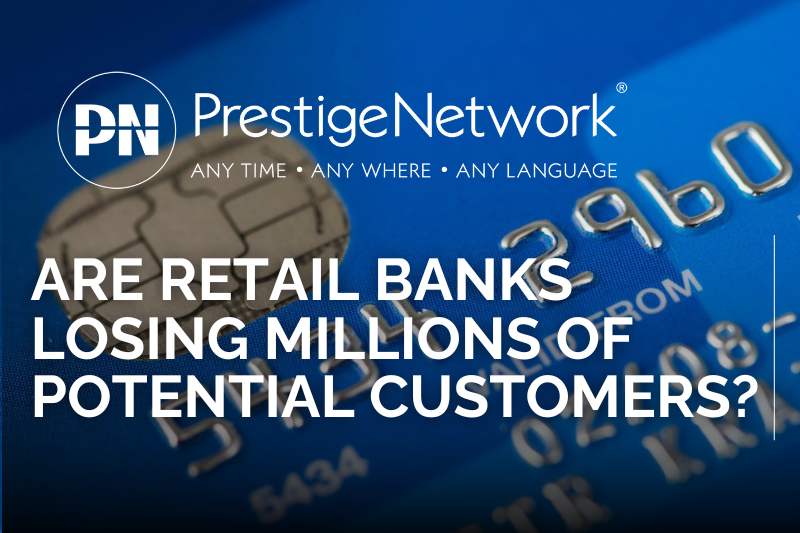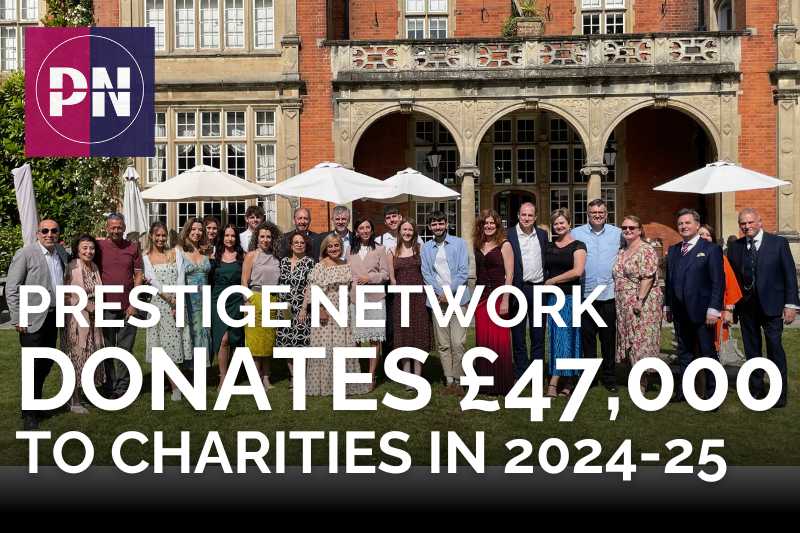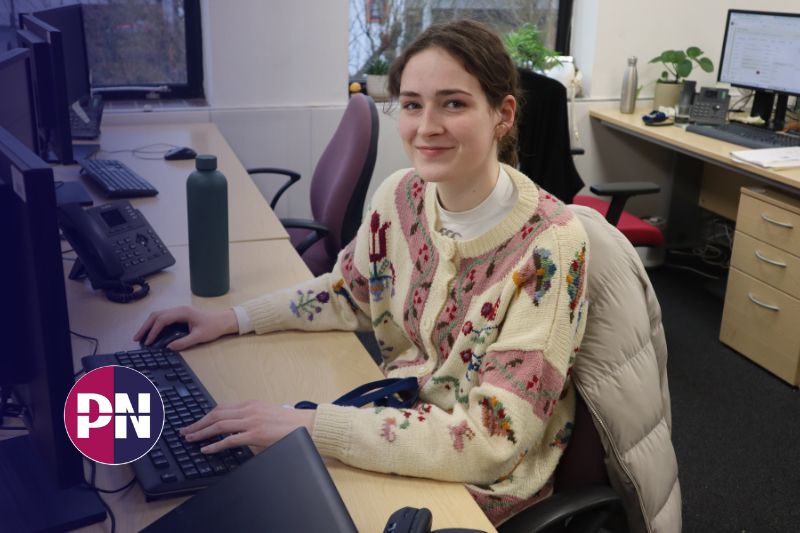Society often operates within a framework of outdated assumptions, one of which is the notion that Deafness is a disability: A limitation that prevents individuals from living fulfilling lives. This perspective overlooks the richness of Deaf culture, the accomplishments of Deaf individuals, and the diverse ways Deafness enhances the human experience. In truth, Deafness is not a deficiency but a unique way of interacting with the world. By shifting this narrative, we can challenge stereotypes and embrace a more inclusive understanding of what it means to be Deaf. Applied more broadly this way of thinking helps see “disability” as a simple need for certain services and support, rather than an obstacle towards full expression.
Deaf Achievements in the Arts
Deaf artists and performers have profoundly contributed to the arts, redefining communication and expression. For example, Nyle DiMarco, a Deaf model, actor, and activist, gained global recognition by winning America’s Next Top Model and Dancing with the Stars. His performances demonstrate that communication goes beyond spoken language, and his advocacy promotes Deaf culture and inclusion.

In theater, the Tony Award-winning Broadway show Spring Awakening featured a cast of Deaf and hearing actors performing in American Sign Language (ASL) alongside spoken dialogue. This innovative production showcased ASL’s power as a medium of artistic expression, enriching the theatrical experience.
Visual arts also benefit from the unique perspectives of Deaf artists. Christine Sun Kim, a Deaf sound artist, explores the intersections of sound, silence, and visual representation. Her work challenges conventional ideas about sound, inviting audiences to consider how sound is experienced beyond hearing.
Deaf Athletes Breaking Stereotypes
In sports, Deaf individuals have shattered stereotypes and proven their abilities on the world stage. For example, Terrence Parkin, a Deaf swimmer from South Africa, won a silver medal at the 2000 Sydney Olympics, demonstrating that Deaf athletes can compete at the highest levels. Similarly, Derrick Coleman became the first Deaf offensive player in the NFL and a Super Bowl champion, inspiring countless individuals with his resilience.
Moreover, the Deaflympics, established in 1924, celebrates the talents of Deaf athletes globally. As one of the oldest international sporting events, it fosters dignity within the Deaf community and highlights their athleticism.

Success in Other Fields
Beyond arts and sports, Deaf individuals lead in academia, entrepreneurship, and advocacy. For instance, Dr. Carolyn McCaskill, a linguist and scholar, has significantly advanced the study of Black sign language, enriching our understanding of linguistic diversity within the Deaf community.
These achievements demonstrate that Deafness is not an obstacle but a source of strength and inspiration. Recognizing these successes helps change stereotypes and promote empowerment.
The Richness of Sign Languages
Sign languages are central to Deaf culture, as rich and complex as spoken languages. American Sign Language (ASL), British Sign Language (BSL), and other national and regional sign languages have their own grammar, syntax, and idioms. They are not merely translations of spoken languages but distinct languages reflecting the cultures and histories of their communities.
Sign language creates a deep sense of identity and belonging within the Deaf community. It is a powerful tool for self-expression and storytelling, enabling Deaf individuals to share their experiences and perspectives in meaningful ways. Moreover, research shows that bilingualism in sign and spoken languages enhances cognitive flexibility and problem-solving skills, further illustrating the benefits of sign language.
Earlier this year we shared this English translation of this poem by Dorothy Miles originally written in Sign Language:

Unique Perspectives and Contributions
Deaf individuals bring unique perspectives to problem-solving and creativity, informed by their lived experiences. Heightened visual and spatial awareness often leads to innovative approaches in numerous fields such as design, architecture, and technology.
The Deaf experience also challenges societal norms and pillars, sparking broader discussions about communication, accessibility, and inclusion. Embracing these perspectives benefits society as a whole.
Cultural Traditions and Storytelling
Deaf culture is rich in traditions and storytelling practices that celebrate the visual and dynamic nature of communication. Sign language poetry and storytelling use the visual-gestural modality to create compelling narratives that cannot be replicated in spoken languages. These art forms preserve the history and values of the Deaf community while entertaining and inspiring audiences.
Events such as Deaf festivals and theatrical productions provide platforms for celebrating these traditions and sharing them with the broader public. They reflect the creativity and beauty of Deaf culture, fostering greater appreciation and understanding.
Building Bridges Between Communities
Many Deaf advocates work to build bridges between Deaf and hearing communities, promoting mutual respect and understanding. They emphasize that Deafness is not about what is “missing” but about what is unique and valuable. This perspective encourages hearing individuals to view Deaf culture as an asset and recognize the contributions of Deaf people as integral to society.
Inclusion Beyond Politics
Using sign language interpreters is an act of respect, not politics. It acknowledges the unique language of the deaf and hard-of-hearing communities and affirms that we must consider all people in our communication efforts. Sign language should not be viewed as a tool for those with disabilities but as a unique ability: An exciting and rich language with its own structure, beauty, and expression. By including interpreters in events and gatherings, we validate their language and culture, ensuring that they too can engage with important content. Rather than pushing back against this form of inclusion, we should embrace it, recognizing that it’s a step toward a more inclusive, understanding society.
“Applied more broadly this way of thinking helps see ‘disability’ as a simple need for certain services and support, rather than an obstacle towards full expression.“
Shifting the Narrative
To shift the narrative about Deafness, we must challenge stereotypes and adopt a more inclusive perspective. This requires collective action from individuals, communities, and institutions.
Education is a powerful tool for combating misconceptions. Schools and workplaces should offer opportunities to learn about Deaf culture and sign language, increasing awareness and appreciation. Media representation is equally important. Authentic portrayals of Deaf characters and stories can challenge stereotypes and present the richness of Deaf experiences.
Creating spaces where Deaf voices are heard and valued is essential. This includes supporting Deaf leadership, amplifying the work of Deaf creators, and ensuring Deaf perspectives are included in policymaking and societal discussions.
Our deaf awareness training helps raise awareness and dispel common misconceptions and stereotypes:

The Last Word: Celebrating Diversity
Ultimately, we must celebrate diversity in all its forms. Deafness is a natural part of human variation, and its contributions to culture, language, and society are invaluable. By embracing Deaf culture and recognizing its strengths, we enrich our shared humanity. Therefore, Deafness is not a disability but a unique way of experiencing the world, offering valuable perspectives, creativity, and contributions. Together, we can build a world that truly embraces the beauty of difference.






